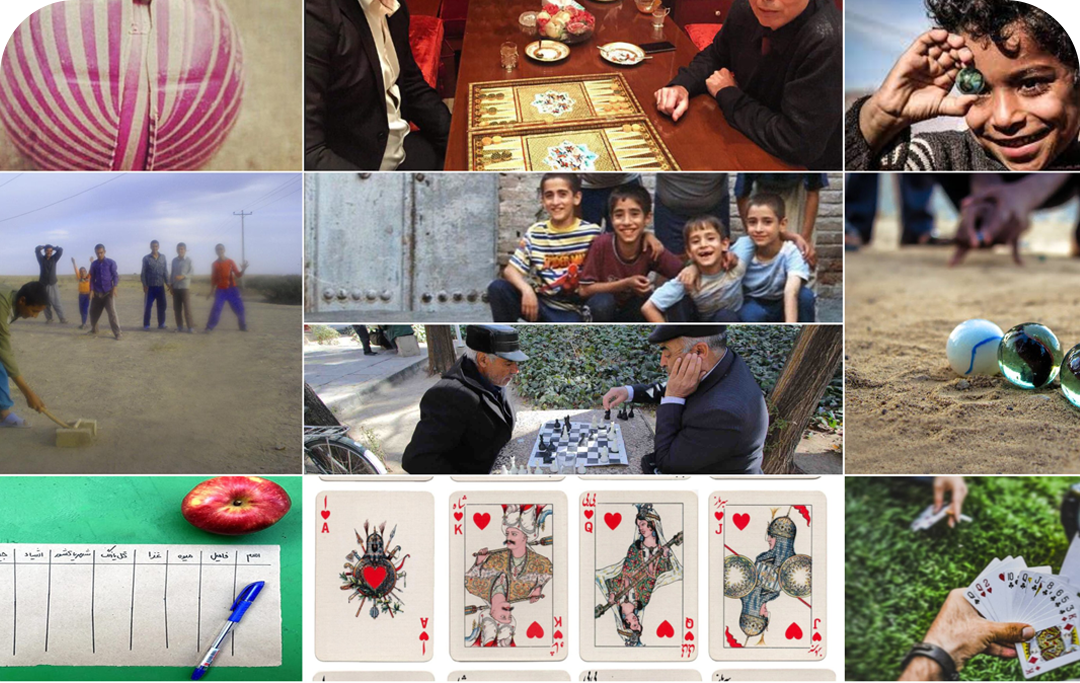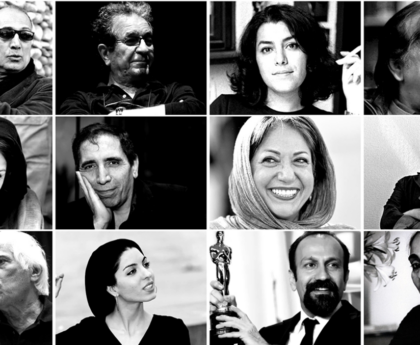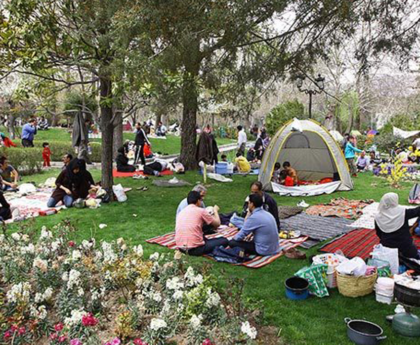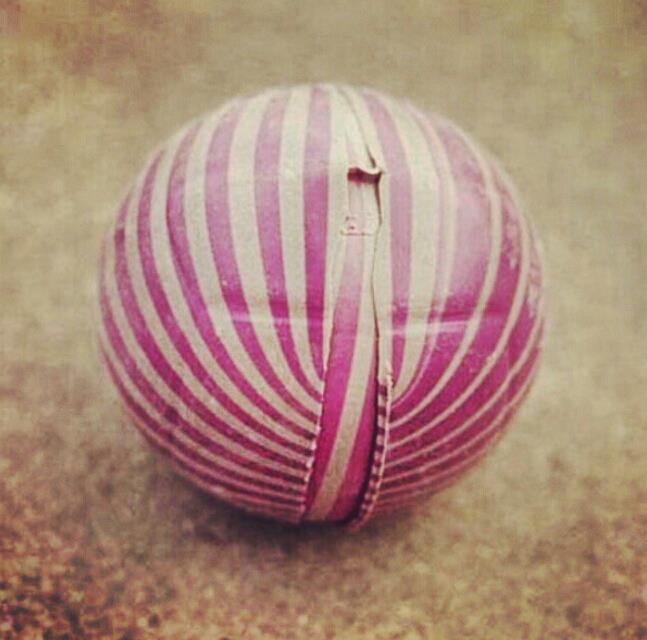
Gol Koochik – Small Net
Gol Koochik in Persian spoken language,
translates as “small goal” or small net) is a variation of street football (soccer) that has been popular in Iran.
The goal is approximately 100 × 60 cm in size and the ball is light-weight which can look like a makeshift ball. Given the limited space and the high density of player in the small-sized field, supreme dribbling skills are required for success in the game and players behoove to learn to maneuver the ball more quickly than normal football fields.
Talented Iranian players that turn professional develop their game on the streets of Iran.
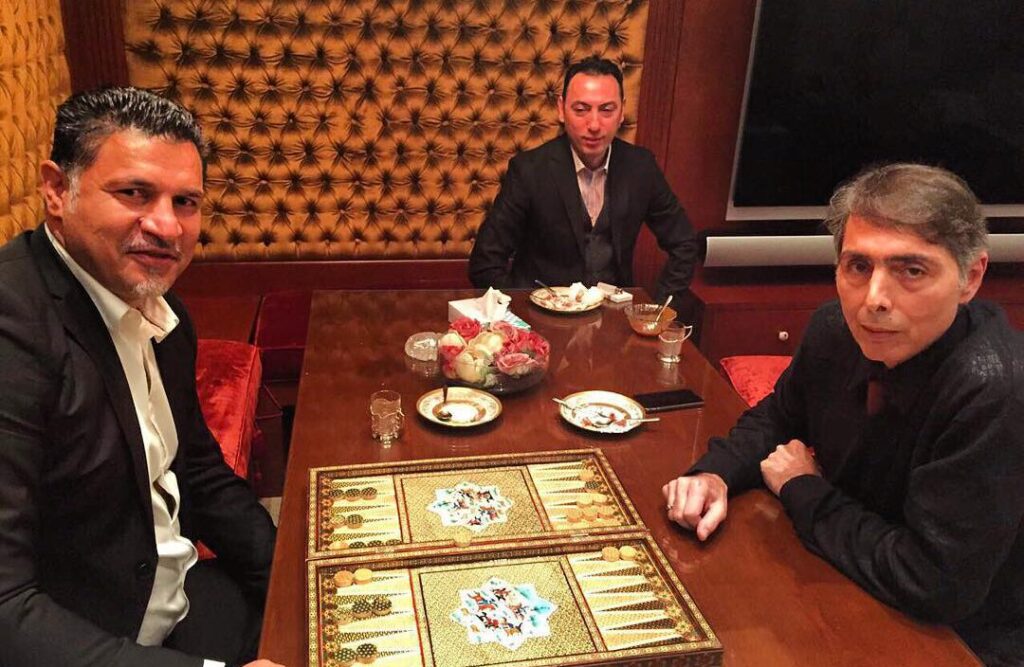
Takhteh – Backgammon
Nard is an historical Persian tables game for two players that is sometimes considered ancestral to backgammon. It is still played today, albeit in a different form which is equivalent to backaammon referred to as simply as takhteh. It is a popular games that is played at tea-houses and home parties amongst Iranian families and friends.
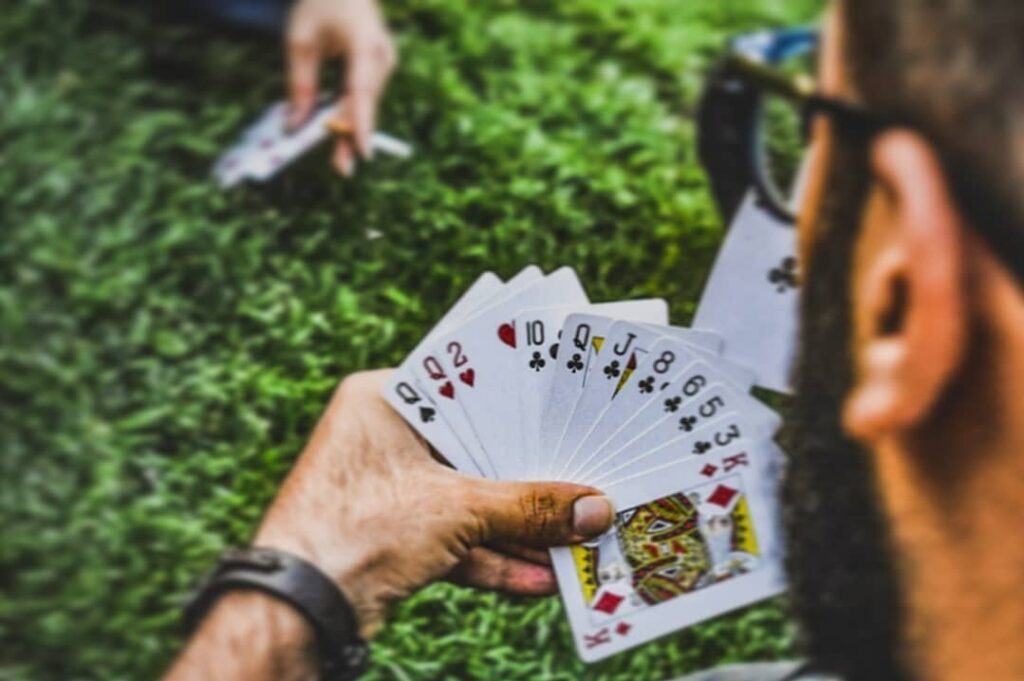
Hokm
Hokm is a trick taking card game, in which the object is to be the first team or player to win 7 points. Hokm literally means “command, order” but in card game jargon, it’s the Persian word for the trump suit. Hokm is the most popular card game in Iran. Deal and play are anticlockwise. At the beginning of each hand, one of the players becomes Hakem. Hakem literally means “ruler, governor” and in card game jargon, it refers to a player having certain privileges in the game.
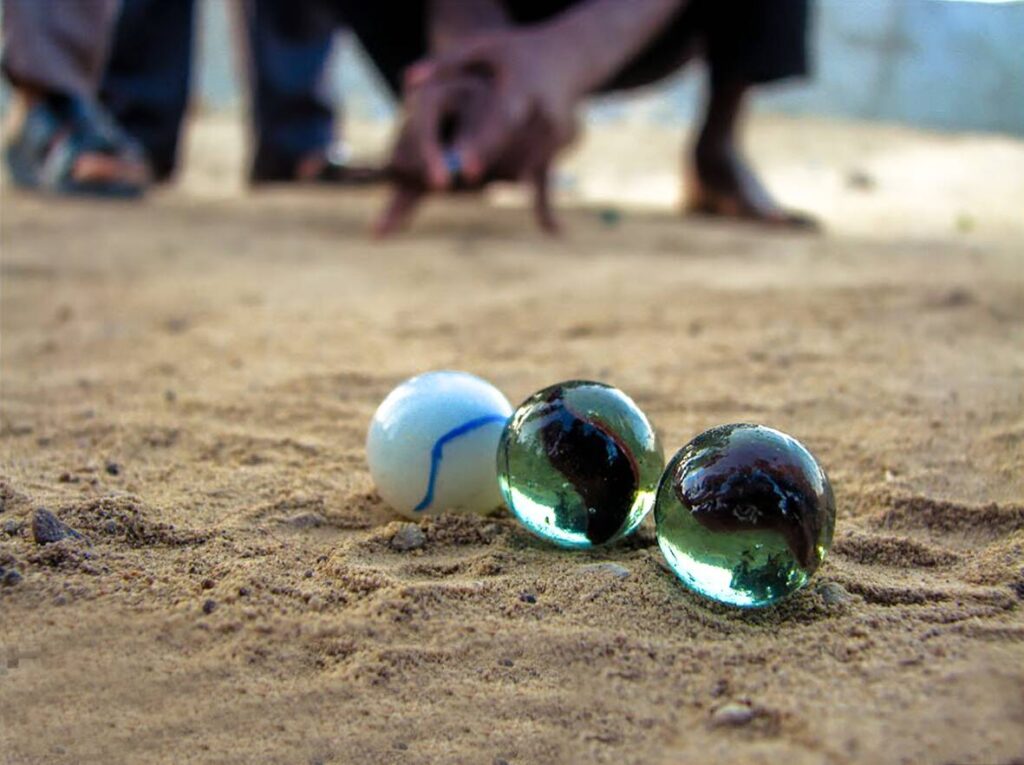
Tileh bazi – Marbles play
Tile bazi is one of the nostalgic games of most Iranian children; a play with some small glass colorful filled marbles.
In fact, this game has an ancient root among the Iranian entertainments that the only instrument needed is just marbles in different sizes. These orbs have different names in different accents in regions of Iran of which the most common name is Tile but sometimes it is referred as Gololeh or Golol. The number of players is not important in this game and it is played usually among the boys as twosome or even as a group.
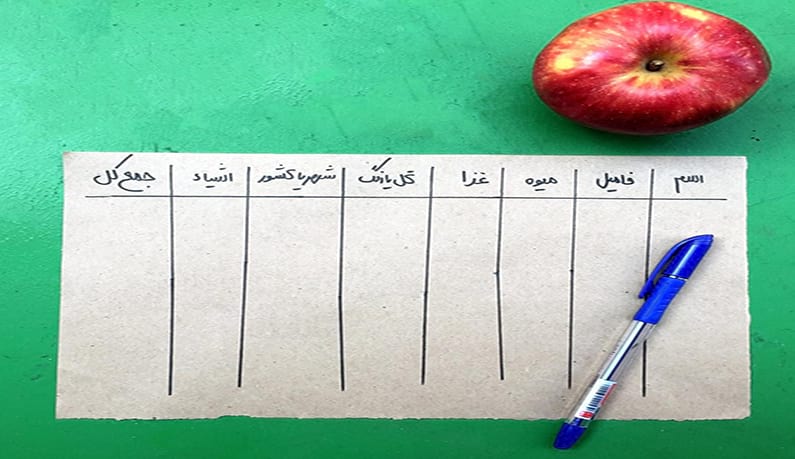
Esmeh o Famil – Family name
When it comes to the name of group games, the most popular game is Family name which a large part of most people’s childhood memories. Even after several decades have passed since the emergence of this game among Iranian families, it can be said without exaggeration that the most popular group game among the Iranian society is this game of family name. In the shortest possible time and with a few pencils and paper, you can turn a friendly and family gathering into an attractive competition field.
Randomly select a Persian Letter from the list, write dowr the words for each corresponding category beginning with that letter and pick unique words in that category to earn points.
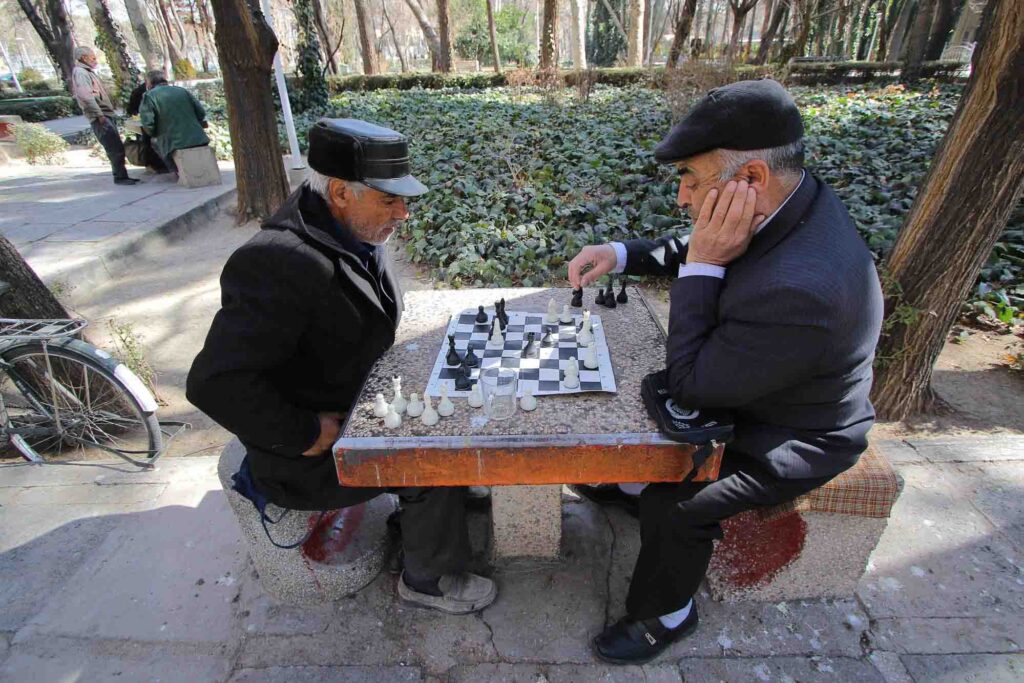
Shatranj – Chess
Iranian and Indian historians argue as to who invented chess. The first unmistakable reference in Sanskrit writings is in the “Harschascharita” by the court poet Bana, written between 625 and 640. On the other hand, pre-Islamic documents have solidly connected chess with the last period of the Sasanian rulers in Iran (VI-VIl century). Chess is one of humanities popular pastimes and has been described not only as a game, but also as an art, science and a sport that is played amongst Iranians and around the world.
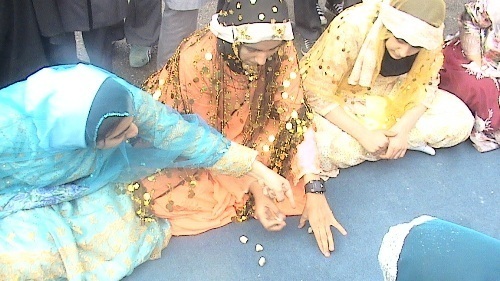
Ye qol do qol (Spherical stones)
This game requires five stones, preferably spherical. After having thrown them on the ground, if possible close to each other, while you are sitting down, you take a stone and throw it into the air and meanwhile, with the same hand, you take another, then you catch the first one on the fly and leave it in a side. The same gesture is repeated for each of the other stones (4 times in fotal). In the second round, two pebbles are collected from the first and second handles, always throwing one into the air. In the third round, three pebbles are collected from the first round and the only one left on the ground in the second, and so on.
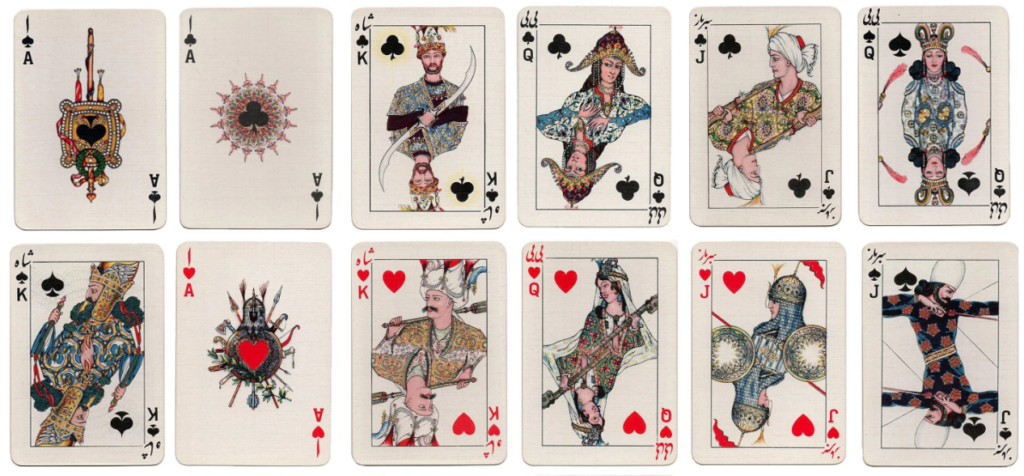
Pasur
Pasur or Pasoor is a fishing card game of Persian origin which is played widely in Iran, it is played similarly to the Italian games of Casino or Scopa and even more similarly to the Egyptian game of Bastra. Pasur is also known by the names Chahar Barg (4 cards), Haft Khaj (seven clubs) or Haft Va Chahar, Yazdah (7+4=11, the significance being that players want to win 7 clubs in a game of 4-card hands where 11 is a winning number).
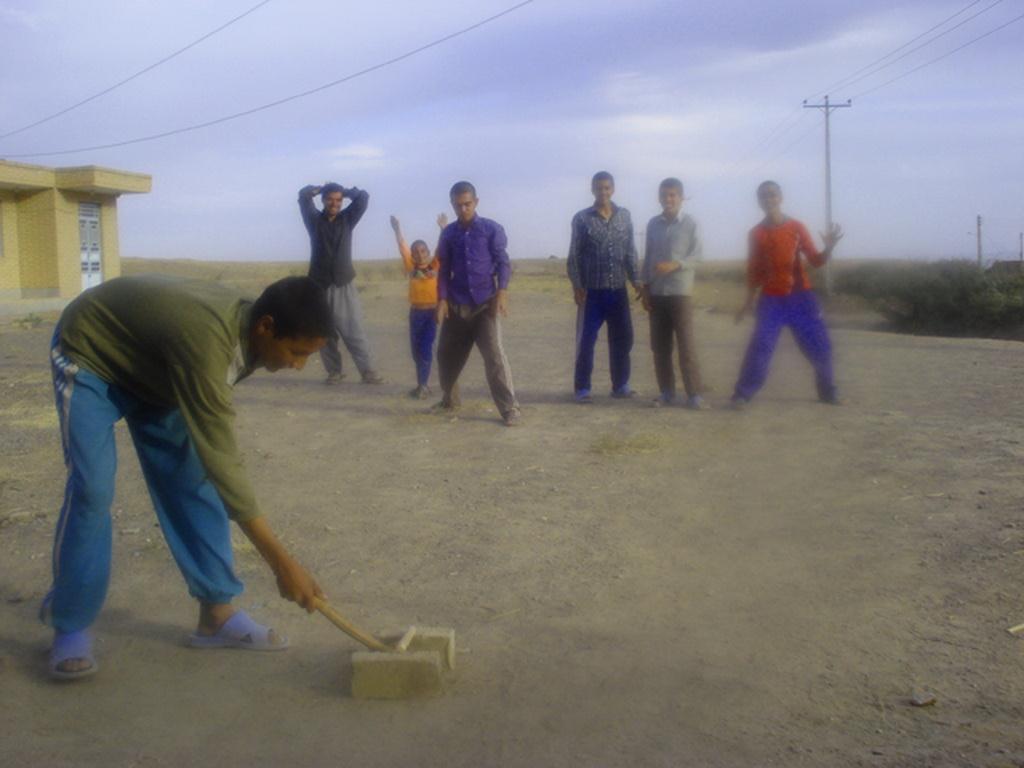
Alak dolak
Alak dolak is a traditional Iranian game played between two teams of no definite size, other than being the same in the current game. It dates back approximately 5,000 years to ancient Persia. In alak dolak, a wooden peg, the dolak, is placed on two bricks lying on the ground parallel to each other. A bigger stick, called an alak, is held in between the dolak and the ground.The alak is then thrust upward by the player so that the dolak goes flying.

